BNP Secretary General Mirza Fakhrul Islam Alamgir has expressed concern that debates on state reforms are creating frustration. He acknowledged that debates are a natural part of democracy but noted that at times they lead to disappointment.
Speaking at a discussion titled “How Secure is Social Protection?” held on Saturday morning at the National Press Club in Dhaka, Mirza Fakhrul emphasized that while he remains hopeful, he cannot avoid feeling frustrated.
The event was organized by Arpon Alok Sangha, an organization of affected leaders and activists of the Bangladesh Nationalist Party, and he was the chief guest.
Mirza Fakhrul said, “When I envision a progressive society, a proper system to ensure people’s rights, and mechanisms to reduce inequality, seeing attempts to divert public thinking and spread extremism inevitably brings frustration.” He stressed the need for structural reforms in the state to ensure social protection for marginalized groups. He said isolated or ad hoc measures cannot solve these problems and called for clear planning and focused objectives.
He highlighted that sectors such as education, health, employment, and agriculture are interconnected and dependent on state structures. He also pointed out that the country’s governance depends on who the people elect and how the elected officials manage state affairs.
Commenting on the past 15 years, Mirza Fakhrul said the ruling Awami League government has caused severe damage to the country, destroying institutions, and warned that such losses cannot be repaired in just one and a half years. He cited rampant corruption as a major factor behind the political crisis, noting that tasks meant for local officials are often taken over by Members of Parliament, and decisions on infrastructure or vehicle purchases overshadow lawmaking.
Mirza Fakhrul further criticized the concentration of control among bureaucrats, explaining that even responsible advisors are often helpless. He pointed out systemic corruption in recruitment processes, including teachers, university faculty, and nurses, which often depend on bribery.


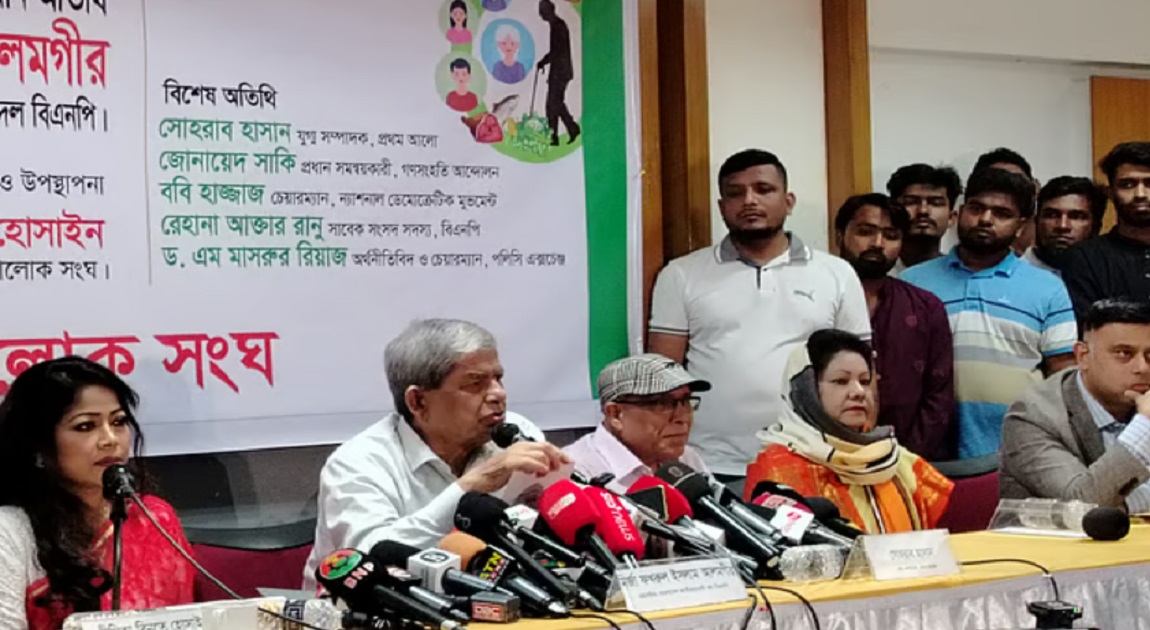



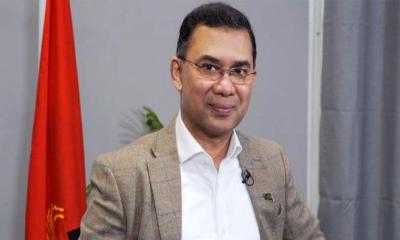
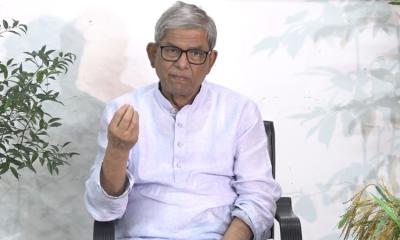



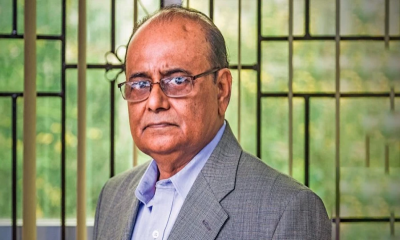



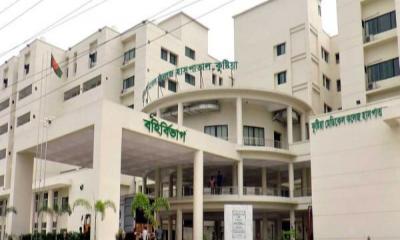
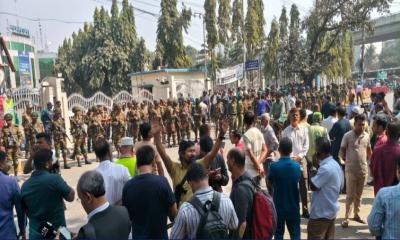




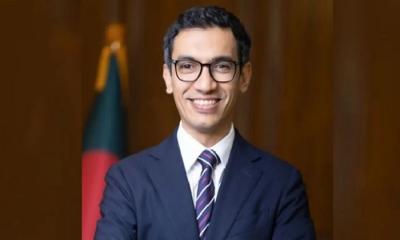








-(25)-20251122062715-20260203032300.jpeg)





